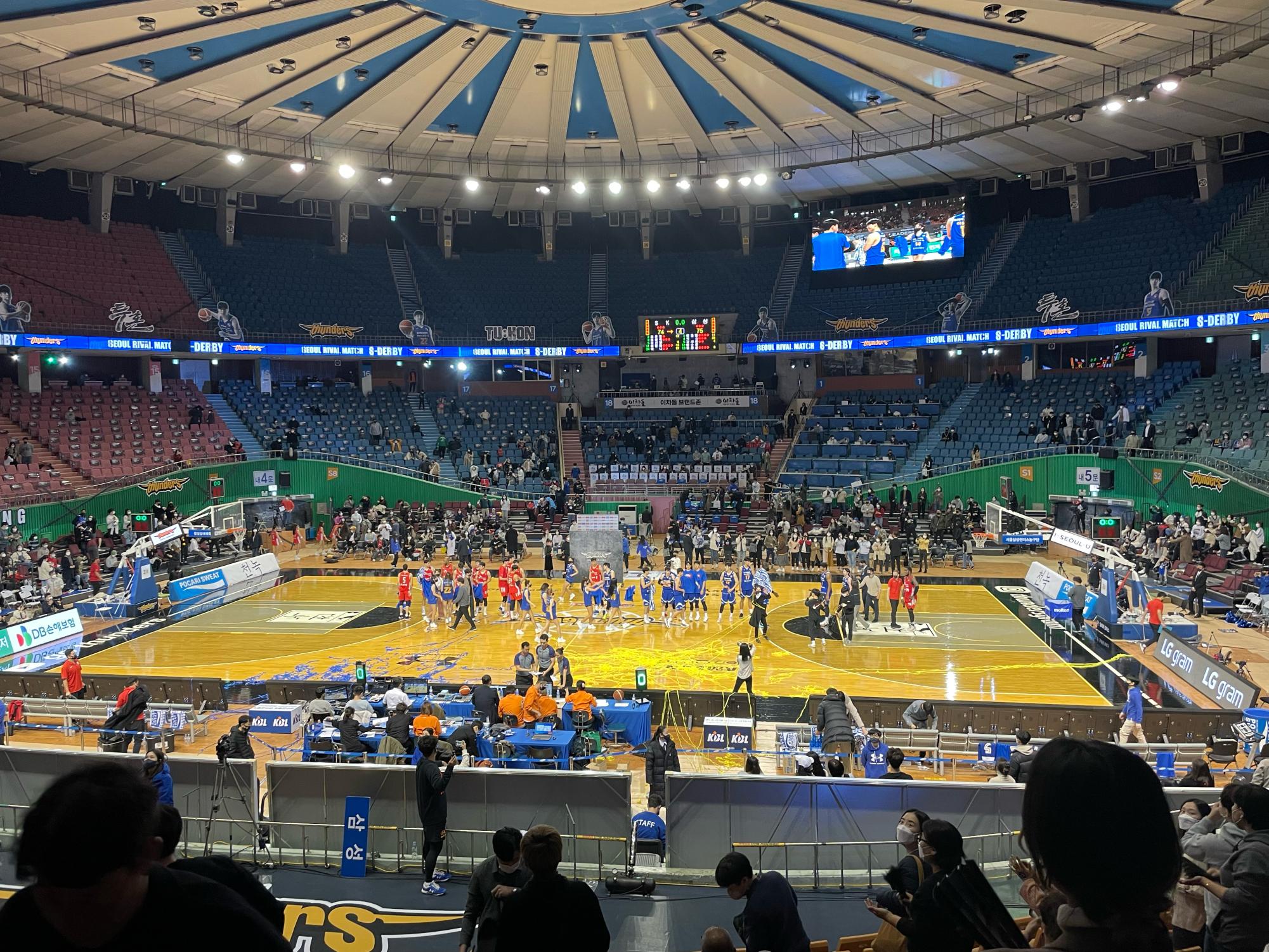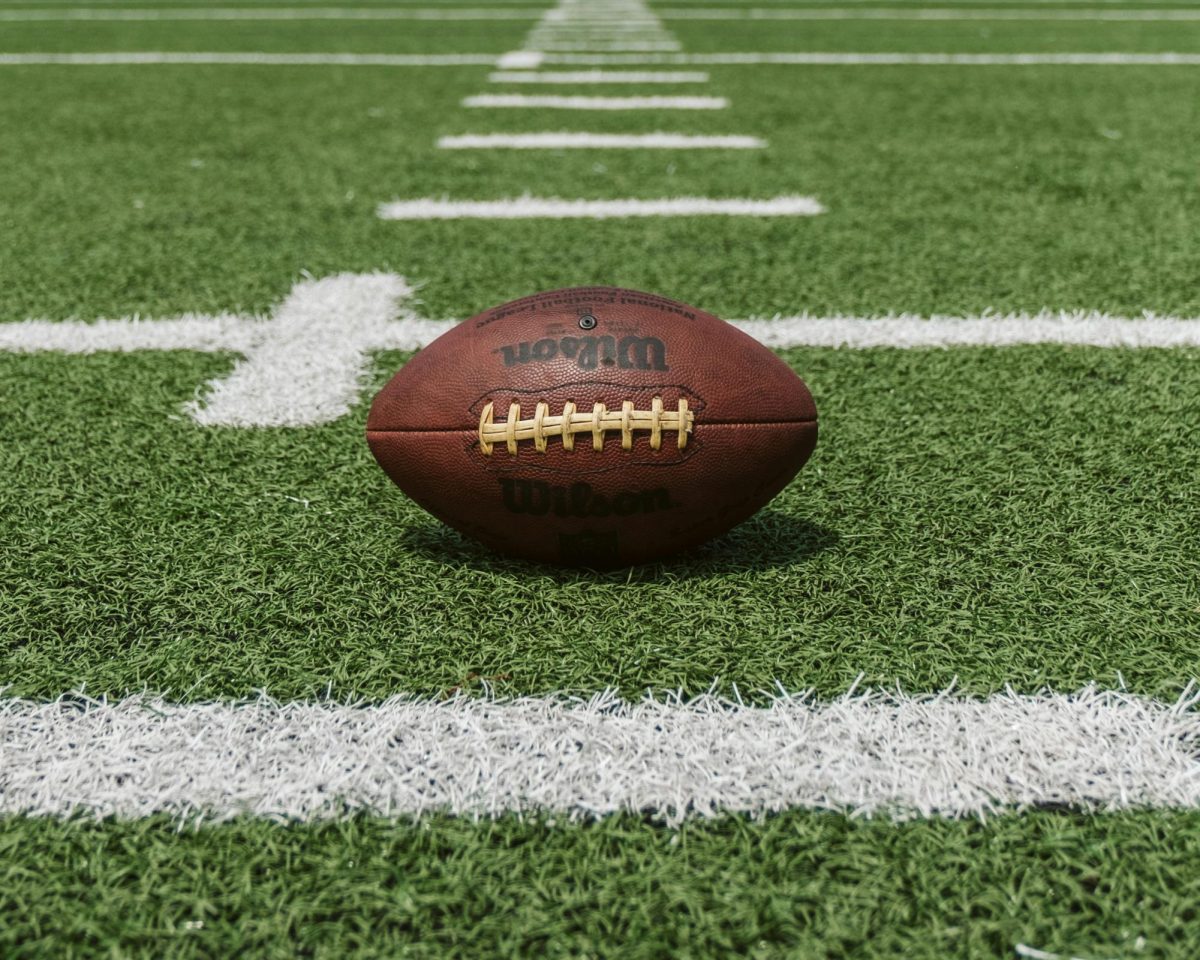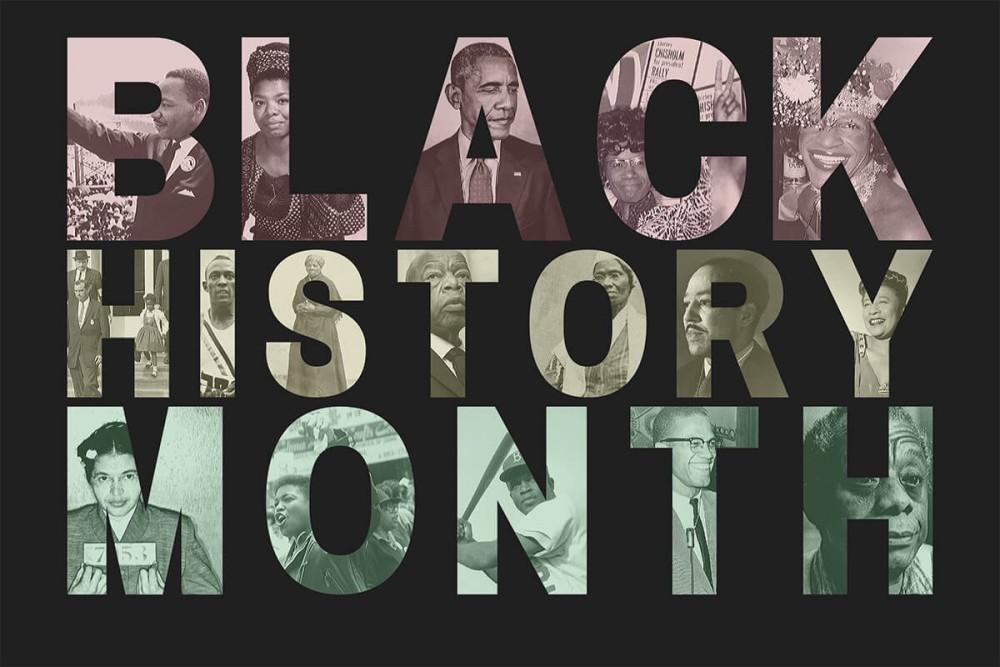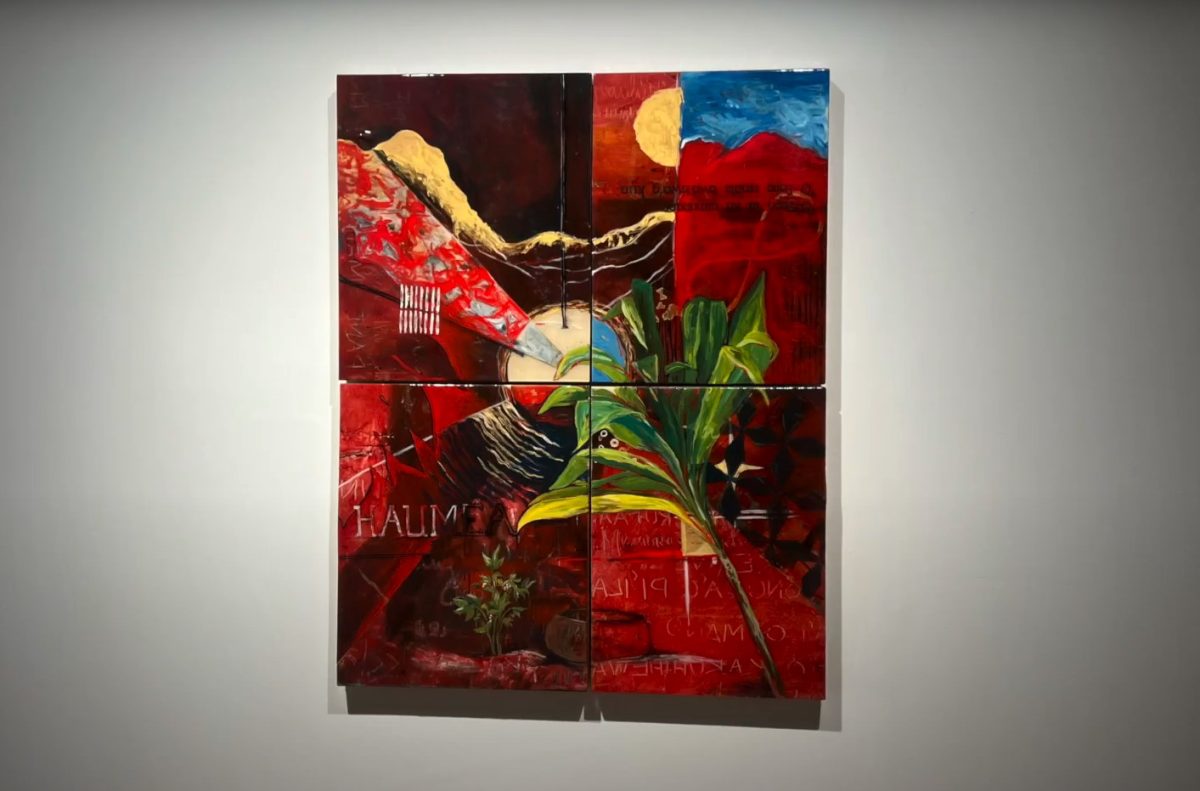Basketball was introduced to Korea in 1903 by YMCA missionaries, but it has ebbed and flowed in terms of popularity since.
The Korean Basketball Association (KBA) was established in 1948, and the Korean Basketball League (KBL) was added in 1997, which was around the height of the sports’ national popularity. When it comes to modern basketball in Korea, the Basketball Festival, which was a competition between college basketball teams in the early to mid-1990s, could be considered the apex achievement of the sport in the country, when the players were as popular as any Korean celebrities. Players appeared on TV, in advertisements and did photo shoots for national magazines. They also had intense fan clubs, with swarms of people who used to chase them home after games. The popularity of basketball in Korea soared with the success of “The Last Match,” one of the best Korean sports dramas, dropped, and then rose again recently with the Japanese manga film “Slam Dunk.”
For most of the past century, Korean basketball only had an amateur league and four teams. However, as basketball became more popular, large companies began to become interested, and in the mid-1990s, a professional league was finally launched. But after about a decade of prime time, Korean basketball began to decline. There are arguably no star players today, and audiences and public interest have decreased significantly since the hey-day.
One issue was the introduction of foreign players, who generally were better than their Korean counterparts, but they also did not stay on one team for a long time, so it became impossible to market them as franchise players. Korea had complaints about referee quality, too, and Korean basketball is not competitive at the international level. If Korea participated in the Olympics and performed well, even people who were not interested in basketball might have some knowledge about the sport. But, for the most part, Korea could not even qualify to participate, let alone earn a medal. There is only one medal in Korean basketball history. It was the women’s national basketball team that won the silver medal at the 1984 LA Olympics.
“I think the elite-ization of the sport of basketball is one of the problems why basketball is not as popular as before,” said Seungyeon Cho, the 1984 women’s national basketball team head coach. “These days, many athletes are forced to start sports just because they are tall at a young age or on the recommendation of others, and these athletes naturally lack a hunger for the sport, which is the mindset that they cannot live without this, compared to the players in the past. It’s certainly noticeable that the players’ engagement has decreased compared to when I was a coach.”
In 2019, Jeonju KCC lost heavily to its opponent Anyang KGC at their home arena by 26 points, and KCC players ignored requests for handshakes from children and fans on their way back to the locker room. This scene made broadcast news across the country.
“Basketball has a smaller fan base than other sports such as baseball and volleyball,” Cho said, “and therefore they should always thank its fans, but there were some players who were arrogant.”
Despite the sport’s missteps, Seungmin Oh, a former reporter for Jumpball, a Korean Basketball magazine, remains hopeful for the future of Korean basketball.
“Korean basketball is not ruined,” Oh said. “There are still many fans who love and support Korean basketball, and many sold-out cases in recent playoffs and championship games prove this. … However, if we ask the question, does it receive ‘national’ attention and support? Then this is not the case. This is the difference from the ’90s, when we had the Basketball Festival.”
People in Korea just have more entertainment options now, he said, adding that “Basketball is both a sport and a means of leisure for the public. It is difficult to expect the same glory as in the past because such means of leisure have diversified.”
He also doesn’t think a fair comparison can be made between Korean basketball and its national teams that play baseball or soccer.
“Compared to basketball, baseball and soccer have continuous international competitions, and their performance in those is also excellent,” Oh said. “The fighting spirit and emotion produce stories, and these stories create the national interest.”
Hyun Joo-yeop and Heo Jae, who were two of the most popular players during the 1990s, retired as coaches and have been working in broadcasting since their retirement. Heo Jae’s son, Heo Ung, and Heo Hoon brothers also gained popularity through their active broadcasting activities with their father during the off-season. Their story as a family gained much attention and thanks to this, Wonju DB, Heo Ung’s team at that time, which had several sold out games in the 2022-23 season.
In addition, Ha Seung-jin, who played in the NBA from 2004 to 2007, has opened a YouTube channel where he talks frequently about Korean basketball. His channel has more than 458,000 subscribers, and his video talking about the problems of Korean basketball drew a lot of attention with more than 3.6 million views.
In addition, the movie “Slam Dunk,” which was released in December of 2022, was a hit as it has been screened in Korean movie theaters for more than a year, with a cumulative audience of about 5 million people.
Recently, some players are active on the international stage. Lee Hyun-Joong, who graduated from Davidson College, is now a player of the Illawarra Hawks, an Australian professional basketball team. Yeo Junseok, a 21-year-old former Korea University player, also transferred to Gonzaga University in March of 2023 and is aiming to enter the NBA. Could it all signal a renaissance in Korean basketball?
“It all happens naturally, and there will be a period of revival,” Oh said. The work on whether this revival can be accelerated indeed depends on the actions of basketball players such as Lee Hyun-Joong, the Korea Basketball Association, and KBL.”
Editorʻs Note: Interviews for this story were conducted in Korean and translated by the writer.







